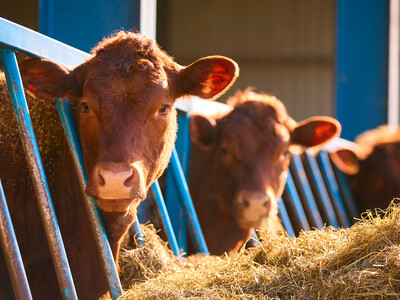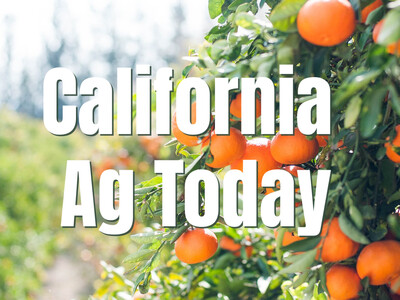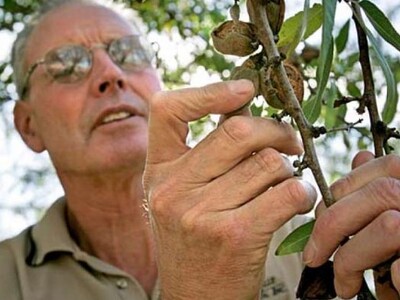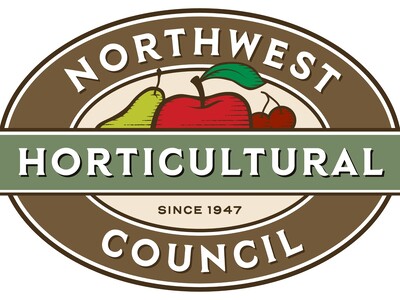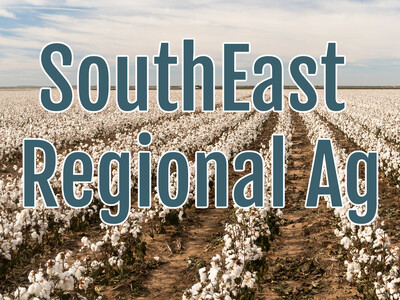Canadian vaccine
Montreal based Medicago has high hopes that their plant-based COVID vaccine will be licensed in January by Health Canada. Unlike the more conventional mRNA based COVID vaccines, Medicago’s product would be the world’s first plant-based vaccine for human use of any kind. The bio company’s culture-incubator is a close relative of the tobacco plant, and the company’s primary laboratory is a greenhouse.The company is nearing completion of its Phase 3 trials, all of which have been closely watched by the Canadian government. Ottawa invested about $175 Million in Medicago early last year, for research and production. Initial mass production of the vaccine, following approval, will take place in the company’s Charlette, North Carolina plant, with Canadian mass production expected to start in 2024.
Earlier this week Medicago announced its progress for its plants-based vaccine. Brian Ward is Medicago’s chief operating officer, based in Montreal.
“It will be the first Canadian-based vaccine for COVID, and it will be the first plant-based vaccine for human use of any kind. This is a more traditional vaccine, a protein-based vaccine. The bio-reactor we used to produce those virus-like particles is a living plant. Home-ground takes on a whole different connotation when you’re talking about a plant-based vaccine. And we’re pretty excited about the result.”
While the recent Omicron variant was not part of Medicago’s implementation study, Brian Ward says their vaccine was pitted against all of the known, more highly transmissible COVID strains.
“This was one of the first Phase 3 studies where one-hundred percent of cases we identified were different variants. The main cases were Delta and Gamma variants, known to be highly transmissible and highly resistant to vaccine-induced immunity. With smaller numbers of Alpha, Lambda, and new mutants. So, the vaccine was pretty severely challenged by these new mutants, even without Omicron.”
Canada has an 80 percent plus adult double-vaccination rate already in place so it’s expected that, upon approval, the Medicago vaccine will have as much significance globally as in Canada. One of Medicago’s early concerns was how a plant-based vaccine would stand up to long haul distribution rigors, but it seems normal refrigeration is all that’s required.
“It’s stable at 2 to 8 degrees (Celsius), a regular refrigerator temperature. So, it can fit into the normal vaccine distribution chain all over the world. It makes the delivery of this vaccine much easier – if we’re licensed. We hope to be licensed soon.”
Medicago hopes to have their non-mRNA vaccine approved by Health Canada in January of 2022.




